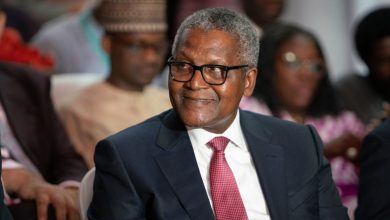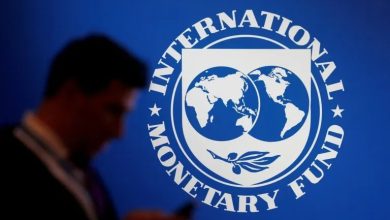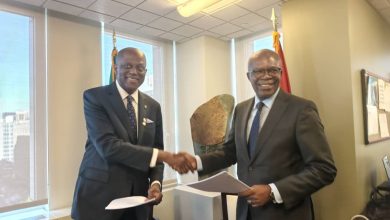MultiChoice, FCCPC Head to Appeal Court over DStv, GOtv Price Hike Dispute
MultiChoice and FCCPC head to Appeal Court over legality of DSTV, GOTV subscription price hikes.
The dispute could reshape consumer protection, regulatory powers, and pricing freedom in Nigeria’s media space.
MultiChoice Nigeria Limited and the Federal Competition and Consumer Protection Commission (FCCPC) have filed appeals before the Court of Appeal in Abuja, seeking legal clarity over their roles and powers in the ongoing dispute surrounding recent price hikes for DStv and GOtv subscriptions.
The appeals stem from a ruling delivered on May 8, 2025, by Justice James Omotosho of the Federal High Court, which dismissed MultiChoice’s suit challenging FCCPC’s attempt to halt the implementation of its new pricing structure. The dispute has since become one of the most closely watched regulatory showdowns in Nigeria’s consumer protection space.
MultiChoice’s legal team, led by Senior Advocate of Nigeria Moyosore Onigbanjo, filed a notice of appeal dated May 19, contesting the High Court’s conclusion that its case constituted an “abuse of court process.” Onigbanjo argued that the trial judge raised the issue suo motu on his own, without giving parties an opportunity to respond, thus violating MultiChoice’s right to a fair hearing. He added that the pending suit by consumer rights lawyer Festus Onifade was separate and involved different parties and should not have been used to dismiss MultiChoice’s case.
Furthermore, MultiChoice contends that if the court found jurisdictional issues, it should have struck out the case rather than dismissing it outright, a critical distinction that affects whether the company can refile the matter.
Conversely, the FCCPC, in its cross-appeal dated June 13 and led by Prof. Joseph Abugu (SAN), is challenging other elements of Justice Omotosho’s judgment. The Commission argues that it acted within its legal authority in issuing a temporary suspension of MultiChoice’s price hike, citing its statutory duty to protect Nigerian consumers from exploitative practices.
According to the FCCPC, the trial court erred in concluding that it lacked the power to regulate prices in a free market. The Commission insisted that, although it does not fix prices, it is fully empowered to investigate and take action against anti-competitive behavior or the abuse of dominant market positions, particularly in cases of excessive or arbitrary pricing.
The FCCPC also presented evidence of consistent price increases by MultiChoice, which it claims demonstrated a pattern of exploitation. It argued that its interventions were not targeted but rather based on consumer complaints, especially from lawyer Festus Onifade, who petitioned the Commission on behalf of Nigerian subscribers.
Both parties are now asking the Appeal Court to either set aside or affirm various portions of the lower court’s ruling. MultiChoice wants the court to declare that its suit was wrongly dismissed and to uphold its right to set prices for services within a free market. The FCCPC, on the other hand, seeks to have the court confirm that its actions were lawful and necessary to protect the public interest.
A hearing date is yet to be fixed, but the outcome of the appeal is expected to have far-reaching implications for regulatory oversight, consumer rights, and pricing practices in Nigeria’s pay-TV industry.



